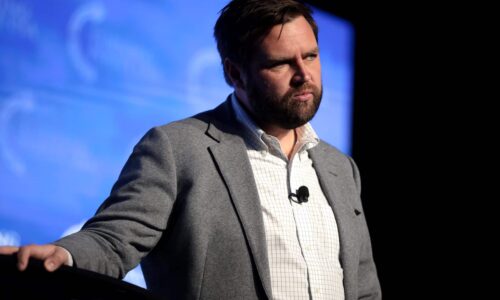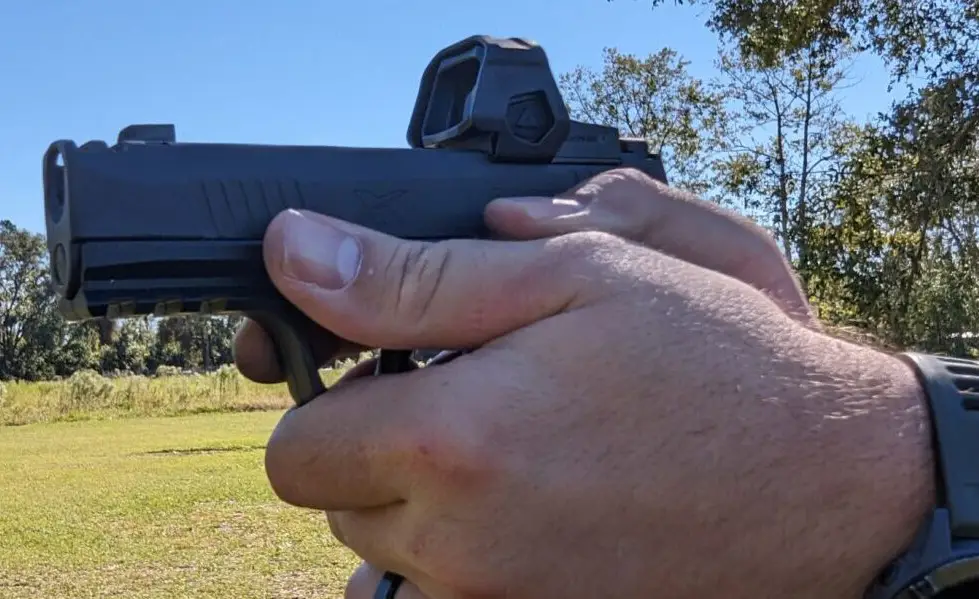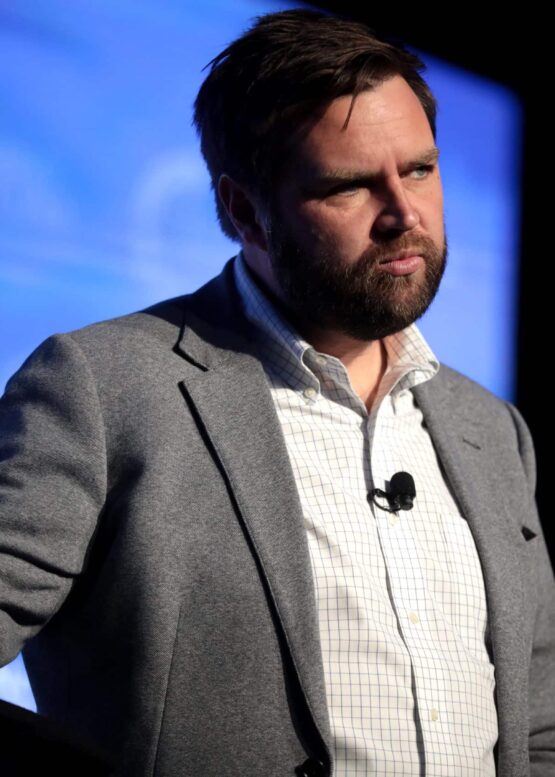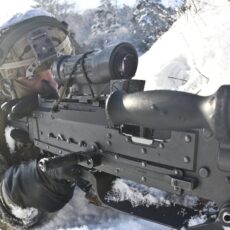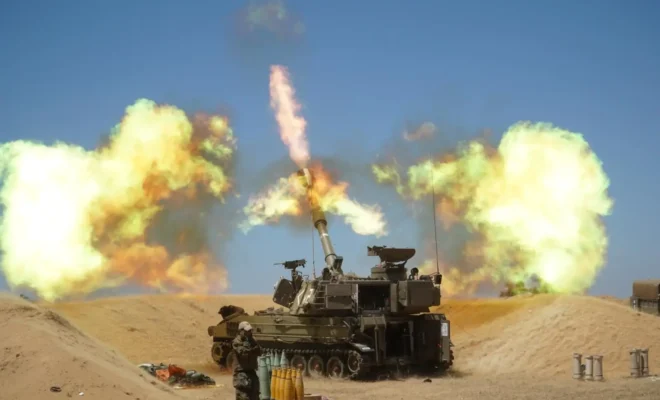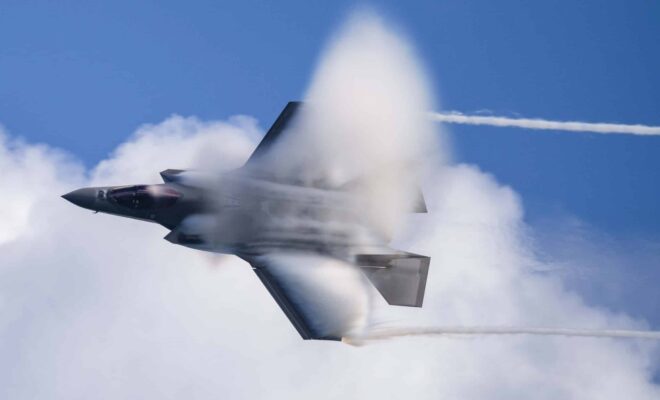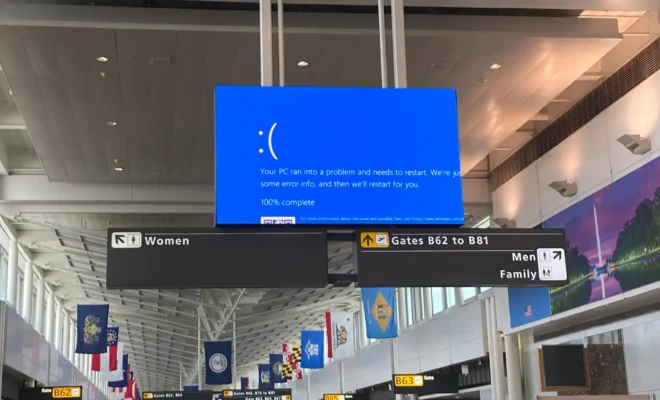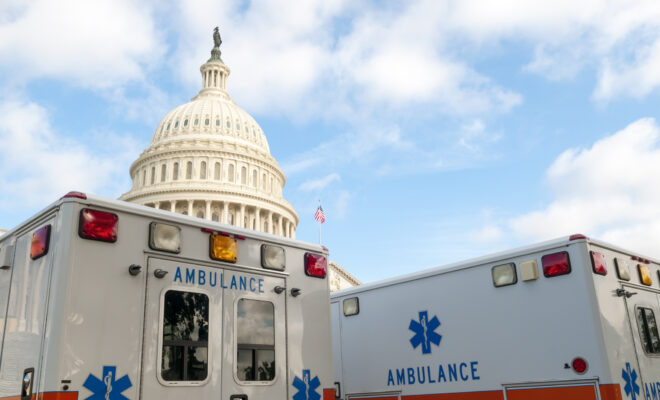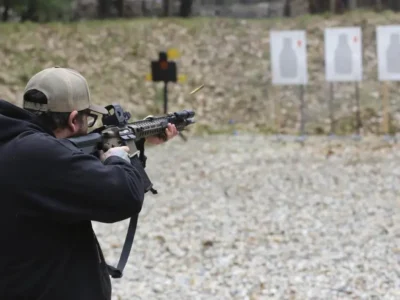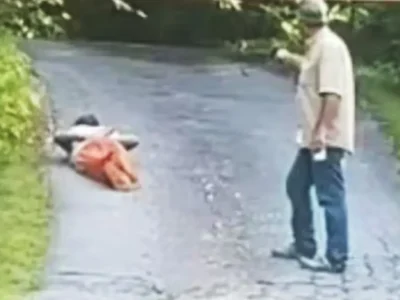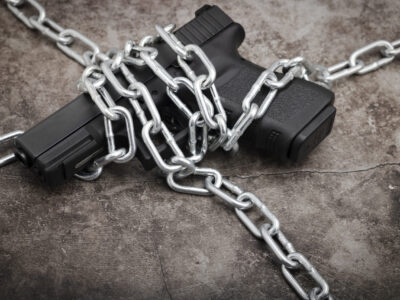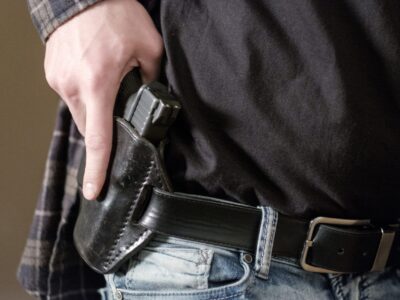By: Travis Pike
By itself, a firearm isn't dangerous, but as soon you throw people in the mix, we have nothing but unpredictable variables. These variables can create danger, but training is one way we mitigate human error and dangerous variables. If you conceal carry, you owe it to yourself, your family, and your community to be skilled and safe with your firearm.
How do you become safer and grow your skills? You seek out training. That sounds easy, but where does the average person even start with concealed carry training?
HOW DO WE DEFINE CONCEALED CARRY TRAINING?
Let's define it first. Concealed carry is specifically mentioned for a reason. Concealed carry training should be a multi-prong approach to the legal and effective use of a firearm. Legal and effective use of a firearm means more than just learning how to punch a bull's eye out of a target. Judicious marksmanship is certainly appreciated, but there is more to it than that.
We are a nation of laws, lots and lots of laws. If you're going to legally carry a firearm, you need to know these laws. You should research and potentially seek training in legal concealed carry and the laws of your state, plus federal laws relating to carrying firearms. This includes where you can't carry, individual weapon laws, required training and licensing, and state specifics like a duty to retreat. Before you strap a gun on, make sure you're doing it legally.
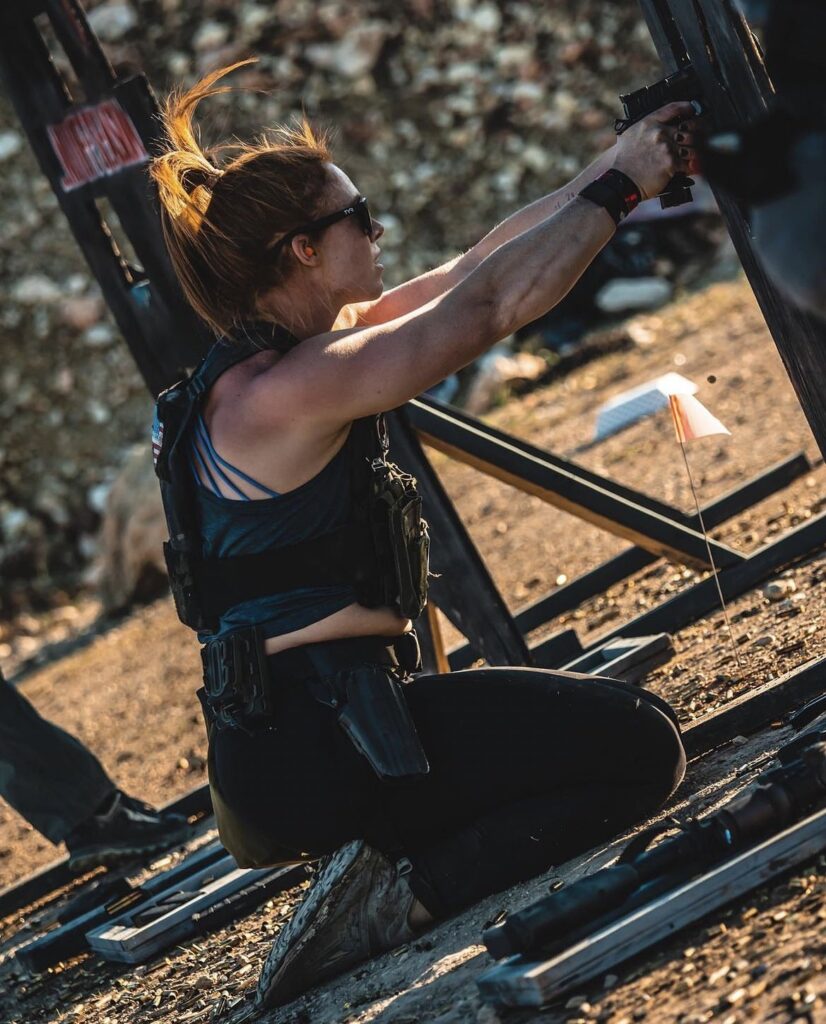
Most general handgun training can be beneficial to concealed carry. Learning how to use your handgun is critical. Hitting a target, drawing, carrying, and fixing malfunctions are important to learn and potentially life-saving. Learning to handle a firearm without breaking the law sits at the core of concealed carry training.
Some states do have mandated concealed carry training. Before being issued a license, a citizen must submit proof of training. Each state has different rules and regulations regarding training requirements, so dig into those laws and ensure you're carrying legally.
THE DIFFERENCE BETWEEN TRAINING AND PRACTICING
Now that we've defined concealed carry training let's discuss the difference between training and practice. Sometimes, the term training is applied a little too liberally. Firearms training comes down to the presence of an instructor. When you train, you are shooting and learning from an instructor who is teaching, evaluating, and advising.
Practicing is when you go to the range without an instructor and work on your basic skills. When you practice, you're taking the things you learned during training and getting better at them. To be fair, the definitions might be arguable to some, but for the sake of this article, this is the definition of training and practice we'll be using.
HOW TO START YOUR TRAINING JOURNEY
The first step is to admit you need training. The second step is finding an instructor. You'd be surprised by how many people don't believe they need training, and it often comes from a perspective of not knowing what they don't know. Finding an instructor isn't always easy, but we can give you a few tips to find the best instructor for you.
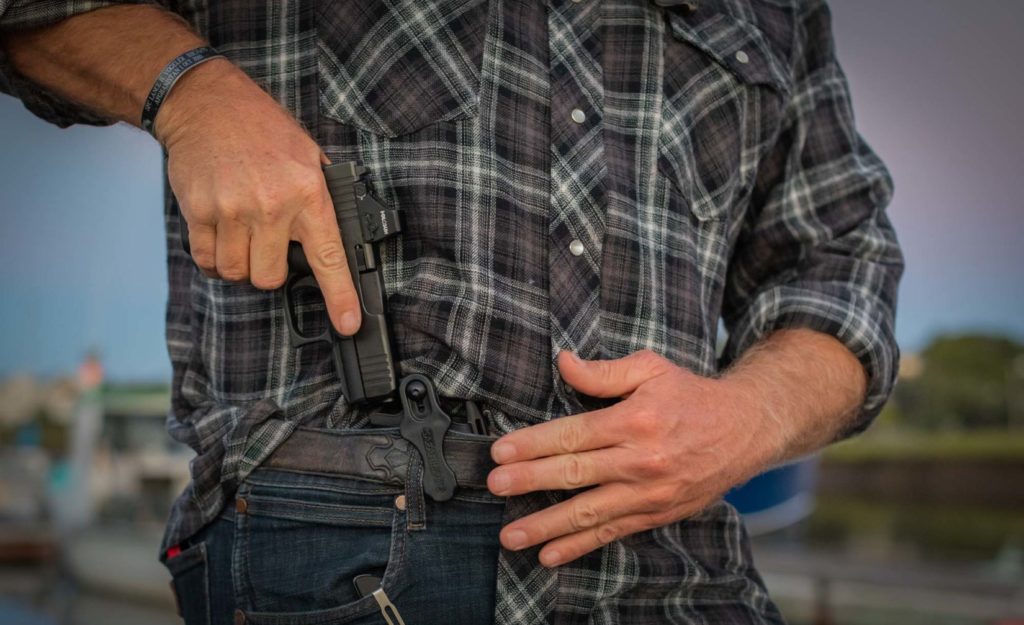
FINDING AN INSTRUCTOR
First, you need to look for verifiable experience in the world of shooting. You might assume that means police and military, but that completely leaves out some of the world's best shooters. Police and military experience doesn't mean a person shoots well. Believe it or not, a lot of the quals used by police and military forces are pretty easy to pass.
If the instructor's resume includes military or police officer experience, you'd be wise to look for instructor experience, as well. A firearm instructor within either of those organizations tends to be a good shot and has experience teaching. Knowing how to teach, and experience doing it, are just as important as being able to shoot well.
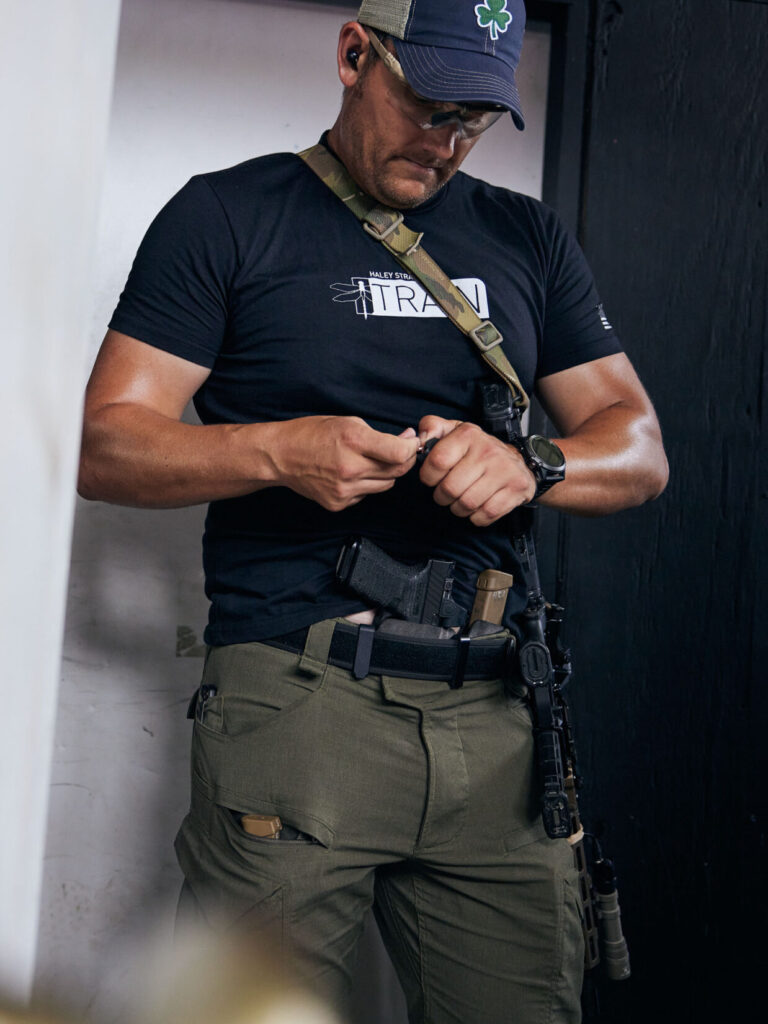
Outside of military and police experience, there are high-level competition shooters who are very skilled with a handgun. They know how to shoot, and that experience is verifiable. I always look at my instructors' training resumes. Who do they train with, and how many hours do they dedicate to training?
If you are completely new to concealed carry and concealed carry training, then instructor certifications from reputable organizations can be valid. Organizations like the NRA and USCCA train instructors, and their basic pistol certifications and instructors are well-suited for beginners. However, at higher levels of training, these certifications should not be the only certifications on an instructor's resume.
TIERS OF TRAINING
Finding concealed carry training can often feel overwhelming. Where do you start? What skills do you need for concealed carry? That's a big question, and we put together a few basic tiers. The skills listed are not exhaustive but give you an idea of where these skills fall.
BASIC FIREARM SKILLS
The ability to safely handle a firearm should be the first and most important skill you learn. Basic skills cover safe firearm handling, as well as basic marksmanship, firearm operation, and basic malfunction fixes. Nothing crazy, nothing fast, just the fundamentals of firing a handgun.
BEYOND BASIC
Moving beyond the basics, we begin to start shooting a little faster with a focus on control, tracking sights, and trigger control. In the beyond basics world, you'll add speed to reloading your firearm, fixing malfunctions, and getting on target.
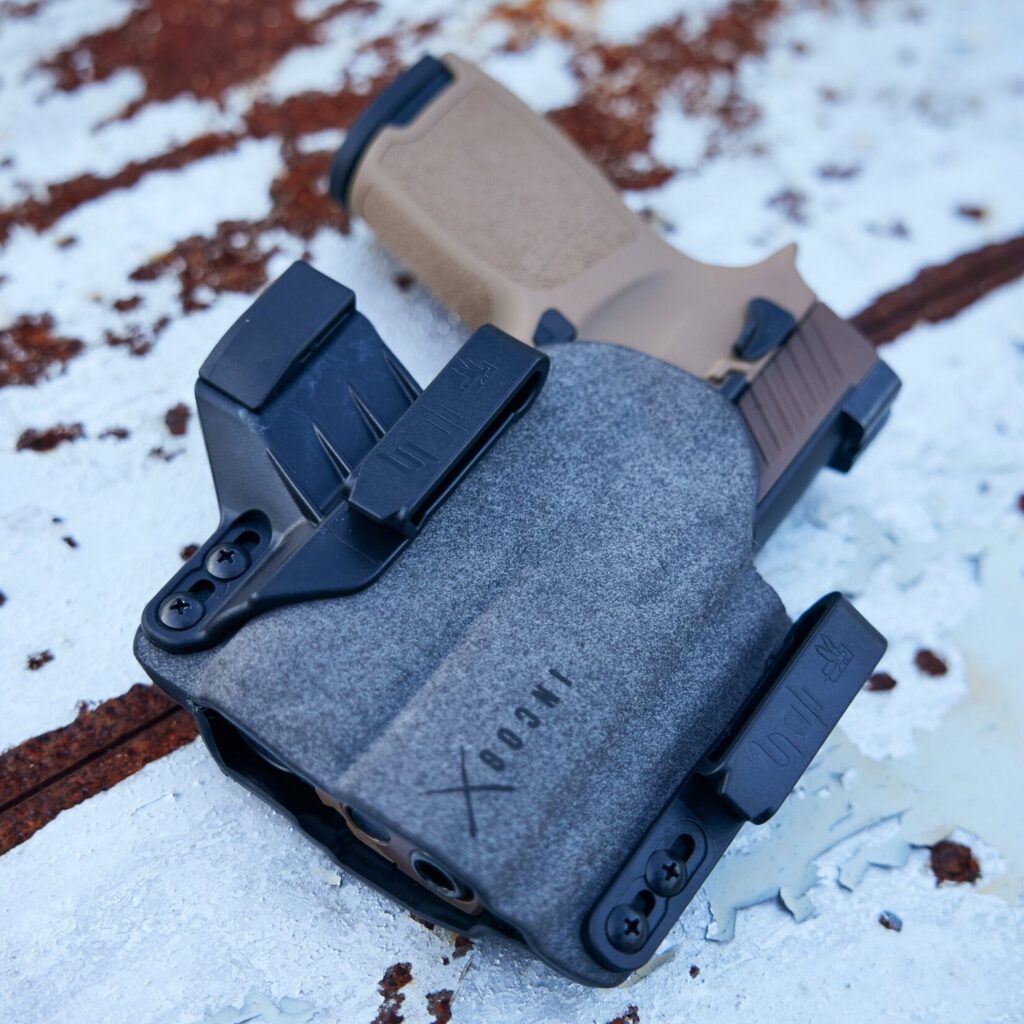
This level is where you begin to learn to draw from concealment, use cover, and fire in less-than-optimum positions. You will start to learn one-handed shooting and maybe dive into shooting at ranges 25 yards and beyond. You'll also get into basic medical care like Stop the Bleed and CPR.
ADVANCED TRAINING
Advanced training covers specific categories of training that require the student to have a very solid grounding in the basics and beyond basics categories. This could be force-on-force training, shoot houses, vehicle tactics, and beyond. Medical training should certainly be a part of this training, and you want qualified instructors to teach due to the more complicated nature of the training.
HOW TO FIND TRAINING
Sadly, there isn't a single great website where every class around the nation is posted. There are a few options, though. PractiScore is largely used for finding competition shooting matches, but some folks post training classes under the events section. Another way to find training can be through Eventbrite, believe it or not. Finally, ShootingClasses.com is another option that's growing.
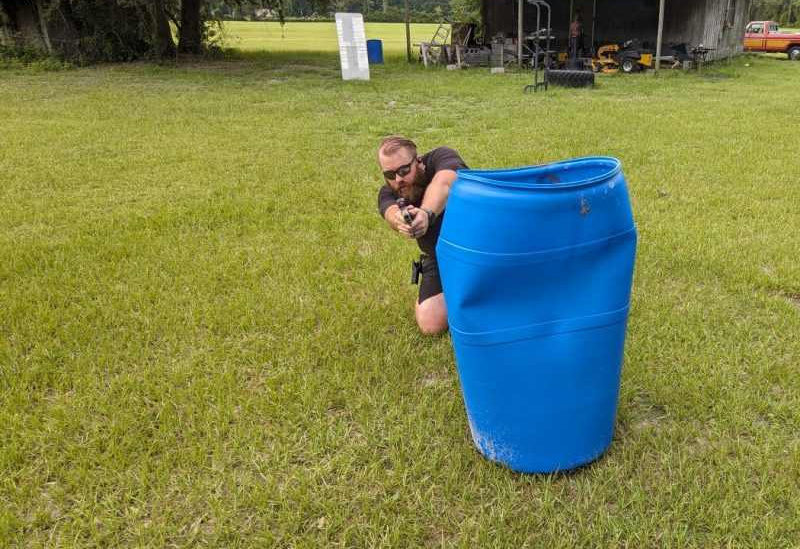
If those don't work out for you, ask around at your local gun store. They tend to be watering holes for instructors who may leave fliers or cards. Most dedicated ranges will have class opportunities that are easily researched and discovered.
WILL ONLINE AND TV-BASED TRAINING WORK?
On-demand training via the Internet, DVDs, and books can be a great way to learn. They are great as a supplement to your training but don't offer live fire under the watchful eyes of a skilled instructor. You can't get feedback on what you might be doing wrong. The best way to use this form of training is as a supplement to what you learn in the classes you take in person.
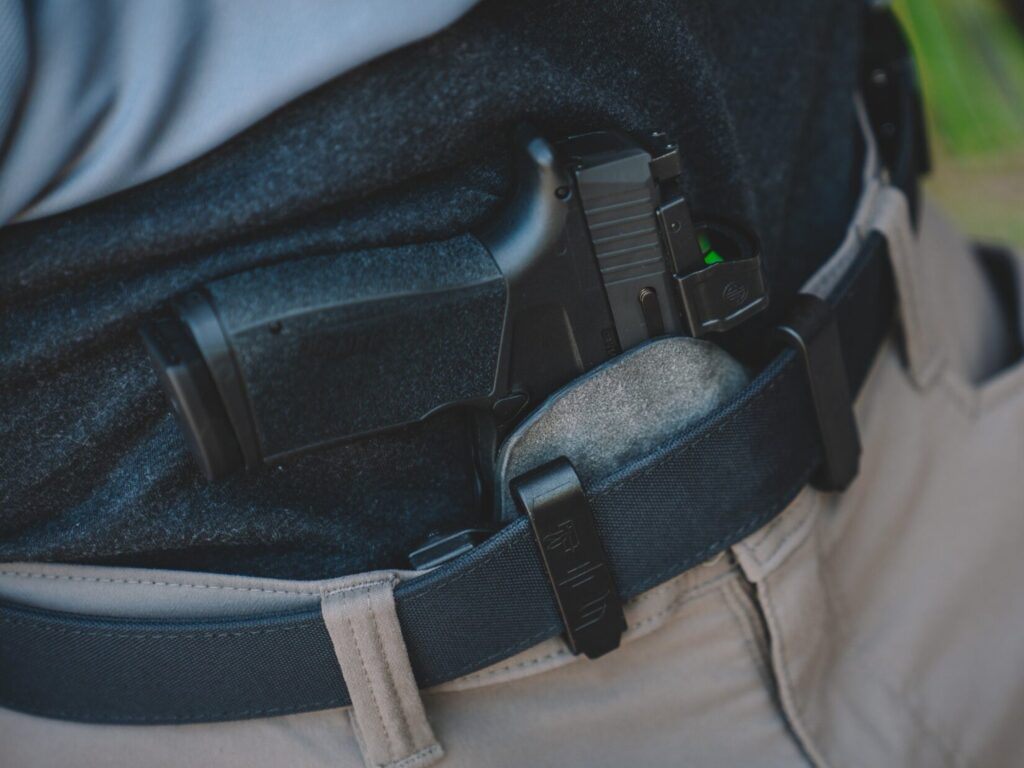
I've taken classes where I've been instructed on how to draw my firearm. I got pretty fast, but it didn't fully click until I watched a Travis Haley video on how he draws. Suddenly, that second style of explanation worked, and I was better able to practice what I learned in class. I think that training without a live instructor can't be all that valuable.
GETTING TRAINED
Concealed carry training is an absolute must-have. Becoming skilled with a firearm makes you safer with it and more capable of defending yourself and your family. Get out there, get trained, and build your skills.
Read original at Cadre Dispatch

